Discontent in French society over police violence has long simmered, and the shooting of teenager Nahel has fanned the flames of anger.
Riots have broken out in several French cities over the past five days, following the shooting death of 17-year-old Nahel M. by police in the Nanterre neighborhood of Paris on June 27. An investigation is underway, but whatever the outcome, Nahel’s death reflects a complex, deeply rooted problem in France.
It evoked memories of three weeks of violence that spread across the Paris suburbs in 2005, when Zyed Benna, 17, and Bouna Traore, 15, were electrocuted while hiding from police in a power substation in the Clichy-sous-Bois residential area near the French capital.
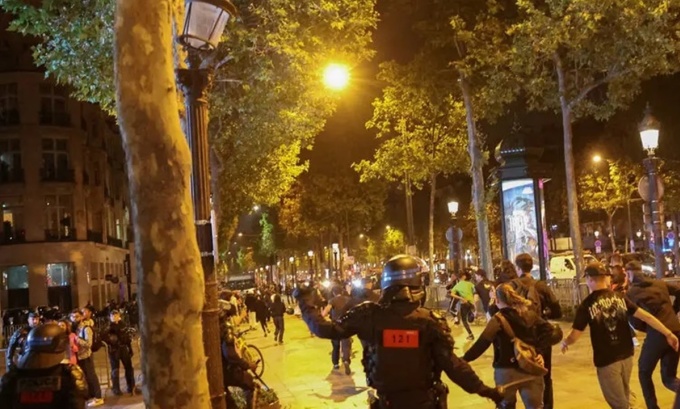
Police clash with protesters along the Champs-Élysées in Paris on July 1. Photo: Reuters
Many of the issues behind the riots remain unresolved, and have been exacerbated by the deteriorating relationship between the police and the French people, observers say.
Some poor suburbs around major French cities have been isolated for decades, according to Joseph Downing, senior lecturer in international relations and politics at Aston University in the UK. Poor housing and education combined with geographic isolation and racism have made it difficult for people in these areas to improve their lives.
“Evidence has long shown that people living in poor suburbs can be discriminated against because of where they live when applying for jobs. Just having a place on your resume can make you less likely to get a job,” he said.
The result has been a simmering youth discontent in these places that has been simmering for decades. The riots that are taking place now have actually been going on in Lyon since the 1990s.
The lack of any serious discussion by French leaders about how to solve this problem has left people in the suburbs feeling frustrated and all it takes is a pretext, like the death of the young man Nahel at the hands of the police, to fan the flames of anger, Downing added.
President Emmanuel Macron was elected on a message of re-industrializing France and revitalizing the economy . But his vision does not include a plan to use economic growth to bring opportunities to people in the suburbs or to tap the potential of those areas to boost economic development.
During his two terms, he failed to articulate a coherent policy to address some of the suburbs' key problems.
According to Le Monde , Nahel was followed by police while driving. They asked him to stop at a traffic light, but Nahel did not comply and ran a red light. There were two other people in the car that Nahel was driving.
The car then stopped on the side of the road as two police officers pursued it. According to video circulating online after Nahel’s death, at least one officer pointed a gun at the car as he spoke to the driver. As the car sped away, the officer opened fire.
The bullet hit Nahel, causing the car to run onto the sidewalk. The two people in the car immediately left the scene, while Nahel was killed.
Born to a single mother of French-Algerian descent, Nahel enrolled in a course to become an electrician under a government programme to upskill and support young people from disadvantaged areas.
According to the BBC , Nahel has never had any trouble with the police.
Nahel’s death has clearly stirred up longstanding tensions between police and young people in poor neighborhoods. It has also prompted calls for a thorough review of the rules governing when police can open fire.
Last year, 13 people were killed in French police shootings for failing to comply with traffic stop orders. This year, three people, including Nahel, have died in similar circumstances.
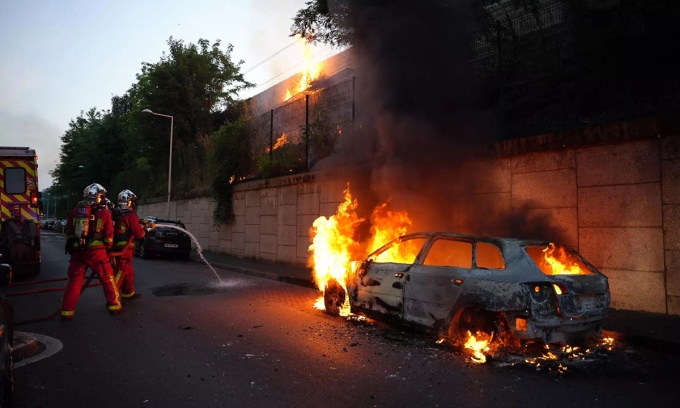
Firefighters extinguish a burning car during riots in the Nanterre area, a suburb of Paris, on June 27. Photo: AFP
The number of people shot and killed by police for refusing to comply with orders is on the rise. In 2021, only four people died in such cases.
Hours after Nahel's death, French National Assembly President Yael Braun-Pivet said she was ready to review how police gun laws are applied.
The law was passed in 2017, following a series of extremist attacks in France, and since then, law enforcement officers have been able to open fire on vehicles if the driver fails to comply with orders, at the risk of the driver and passengers.
In Nahel's case, the police officer who fired the fatal shot will be investigated for attempted murder, as a preliminary investigation determined his actions "did not meet the conditions for lawful use of a weapon".
Previously, police officers had to prove they were using their guns in self-defense. Since the new law came into effect, they are allowed to fire at a vehicle “where the occupants are likely to attack and threaten the life or physical safety of themselves or others.”
However, internal French police regulations only allow the use of weapons in cases of "absolute necessity and in an appropriate manner".
According to researchers Sebastian Roche, Paul le Derff and Simon Varaine, who conducted an analysis of the rising number of deaths at the hands of law enforcement officers in France, the problem is not similar in neighboring countries. They also question whether police forces are properly trained for such shootings.
“There is a clear correlation between the change in the law in 2017 and the trend of increasing fatal police shootings,” Roche told Le Nouvel Obs . “On average, the number of shootings increased by more than 25% and the number of fatal shootings increased five times.”
French police also regularly cause public outrage for using violent repression tactics.
During the "yellow vest" protest movement that rocked the country for months in 2018, a top European official criticized the French authorities for their handling of anti-government protesters, calling on them to "respect human rights more".
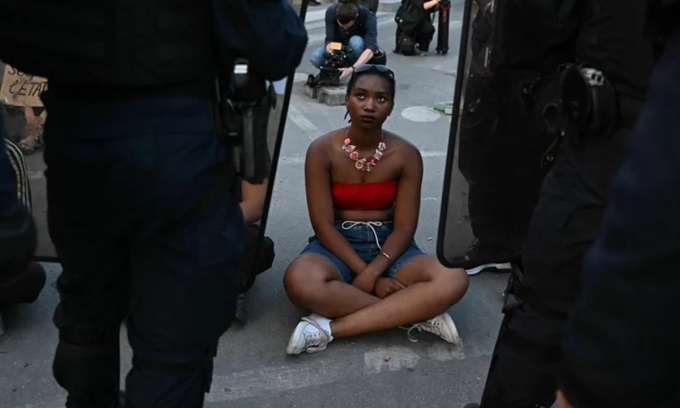
Protesters sit in front of riot police in Paris on June 30. Photo: AFP
French police have also been heavily criticised for their handling of the chaos at the 2022 Champions League final at the Stade de France, outside Saint-Denis. Police used tear gas on fans trapped in the crowd hours before the event, causing the final match to be delayed for around 40 minutes.
More recently, amid protests against a decision to raise the retirement age, French police have faced a barrage of accusations that they were too heavy-handed with protesters. Amnesty International, the International Federation for Human Rights and the Council of Europe have all condemned the use of excessive force by French police.
"What protesters want is to seize on this to open a broader conversation about what they see as systemic police abuse, especially in working-class suburbs," said NPR commentator Rebecca Rosman. "There have long been complaints about police violence and discrimination in these areas, especially against low-income households and racial minorities."
Vu Hoang (According to AP, CNA, WSJ )
Source link


![[Photo] Top players gather at the 2025 Nhan Dan Newspaper National Table Tennis Championship](https://vphoto.vietnam.vn/thumb/1200x675/vietnam/resource/IMAGE/2025/5/23/9ad5f6f4faf146b08335e5c446edb107)







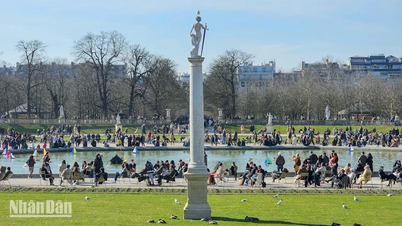






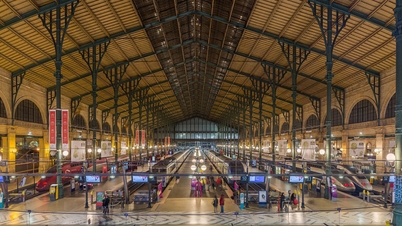





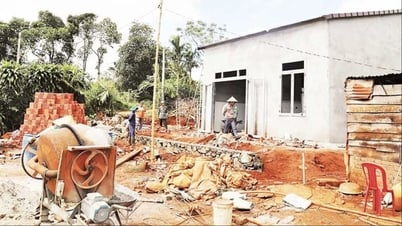
























































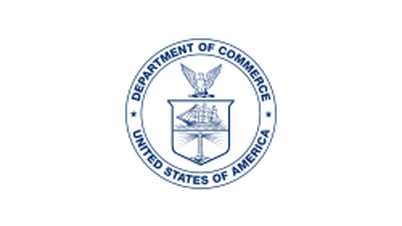























Comment (0)